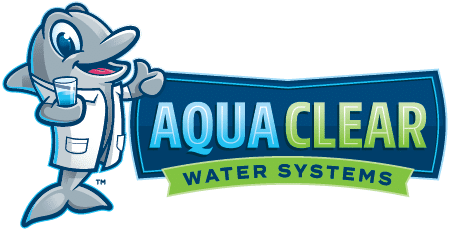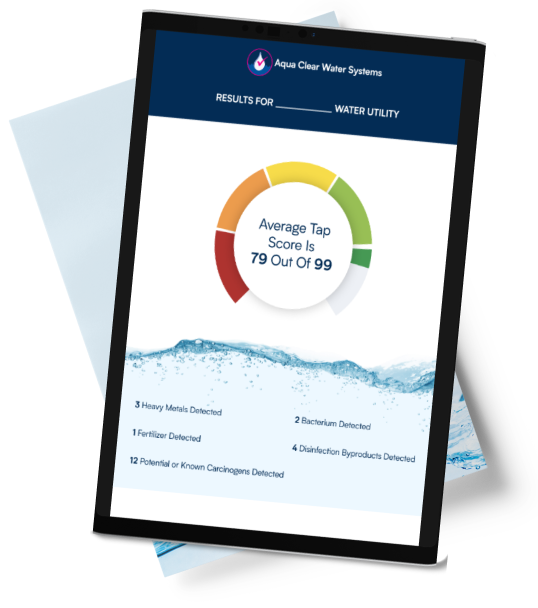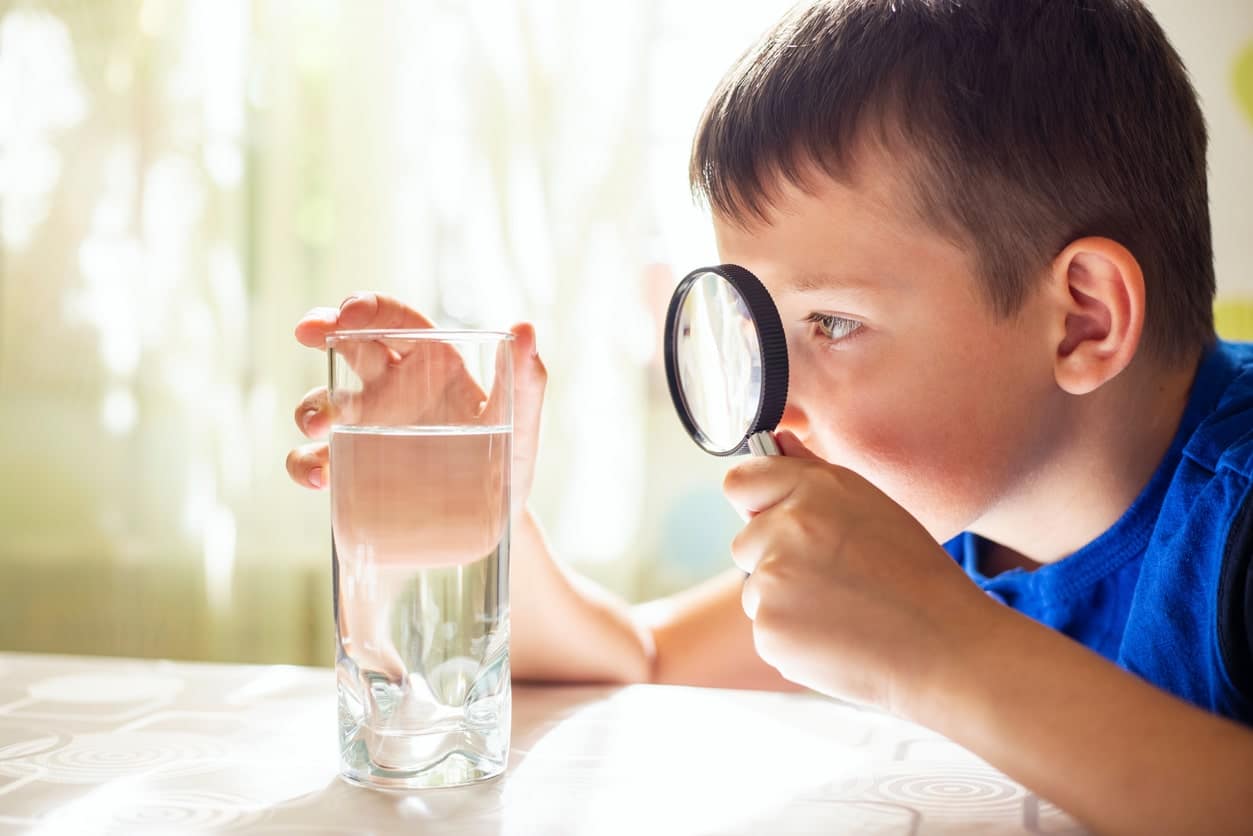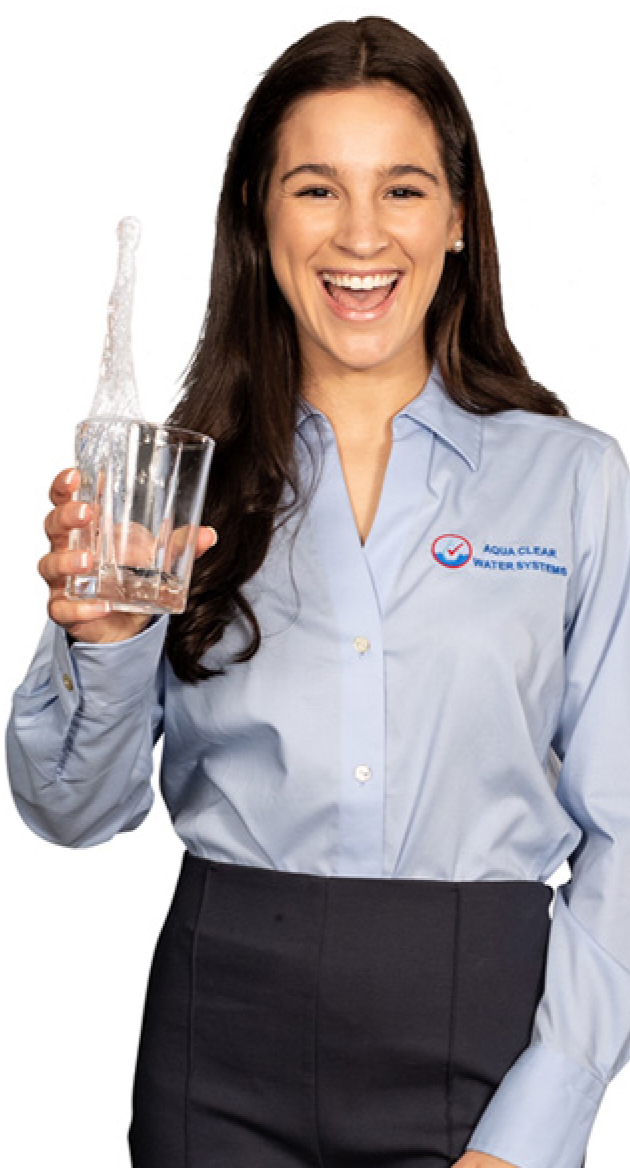Although Nashville is best known as the home of country music, it is now also becoming a center for technology, healthcare, and education. As a result, its population is growing rapidly. The latest estimates put this expansion at around 100 new residents each day and this is putting increasing pressure on the infrastructure, including the water supply system. This calls into question the need for each home to have a water filtration system in Nashville.
Nashville’s water supply system
Most of Nashville’s water comes from the Cumberland River, which has a total length of 687 miles. An additional but smaller source of water is the J Percy Priest Reservoir, which was formed by putting a dam across the Stones River.
Nashville’s water supply is the responsibility of Metro Water Services, which has two water treatment plants — KR Harrington and Umohundro that can together treat up to 180 million gallons of water each day. Before it reaches the plants, the water is screened so that large pieces of debris are removed.
At the treatment plants, alum is added to the water so that particles of mud and algae sink to the bottom of the treatment tanks. The clear water at the top is then filtered to ensure that any remaining sediment is removed. Bleach is then added to the filtered water to kill harmful bacteria, and a small amount of fluoride is added to improve the dental health of the local population.
Once the water has been treated, it is tested before being sent out for consumption. To distribute the water, the city has a network of around 3,000 miles of pipes that are linked to storage tanks, booster stations, and ultimately to more than 220,000 customers. This system ensures a consistency of supply even in extreme circumstances although it cannot ensure the supplied water is totally free of impurities.
The cleanliness or otherwise of Nashville’s water
The Cumberland River has had a long history of being affected by industrial pollution and laws were introduced to protect the state of Tennessee’s lakes, rivers, and groundwater. However, many of these laws have since been repealed or altered in order to make it easier to build housing for the city’s growing population.
As the number of people has increased and the demand for clean water has grown, the number of impaired rivers in Tennessee has gone up from 32.4% in 2010 to 55.4% in 2020. Impairment means the rivers are too polluted to provide drinking water or to be used for swimming or fishing.
A lot of the pollution is due to the lack of effective laws relating to the management of stormwater and the disposal of agricultural waste. This has led to E-coli being commonly found in water and this is a serious threat to human health. Added to this is the increasing presence of PFAS, generally referred to as ‘forever chemicals’ due to them not breaking down and being resistant to attempts to clean them up. These chemicals are linked to many health issues including cancer and reduced birth weights.
Problems are also experienced with chromium and nitrates that can be present at high levels. Additionally, there are disinfectant byproducts that are carcinogenic and are formed when chlorine and chloramines interact with organic matter. Common among these are:
- halocetic acids that come in several variants and Nashville water contains between 319 and 565 times the level recommended by the Environmental Working Group (EWG)
- total trihalomethanes that comprise four chemicals with a level 237 times EWG recommended levels.
Also likely to be found in Nashville water are:
- microplastics that are now a global problem but remain unregulated
- chromium, an industrial pollutant at four times recommended levels
- nitrates that come from septic tanks or storm water run-off from fertilizers and are at 3.3 times recommended levels.
The EWG considers many US water quality standards to be out-of-date and in need of bringing them in line with modern standards. Nevertheless, municipal water treatment will counter many of these and other threats but, although the water is considered safe to drink, some traces will likely get through. Water from wells and bore-holes, however, is much more at risk so a water filter for the home in Nashville is a necessity.
The best way to ensure your water is safe
Knowing what can be in Nashville’s water before it is treated, you’re likely to want to take extra precautions to keep you and your family safe. This can include:
- running cold water for a minimum of two minutes before using it for drinking and cooking to reduce the presence of copper and lead
- boiling all water before use to kill bacteria.
These solutions, however, may be impractical and costly for everyday use and a better and more permanent solution is to:
- Have a water test so you can establish what problems you have to deal with.
- Install a water softener if your water is hard.
- Install a reverse osmosis system in Nashville to clear many types of contaminants.
- Add a sediment filter to remove dirt and other debris that can block your pipes and appliances.
- Install an activated carbon filter to remove chlorine and various dissolved minerals.
The water test is the important first step since it identifies the problems you have to eliminate. We can undertake a test of your water for free and then determine what combination of filters you need to ensure your water is free of contaminants.
The result will be water that is soft, pure, and fresh, with a great taste and no smell. You’ll have peace of mind knowing all the water you use will not harm you and your family. And we will keep it that way by providing ongoing support and all the consumables and parts you need to ensure your system continues to perform at peak efficiency. Contact us today to get full protection from water threats.







